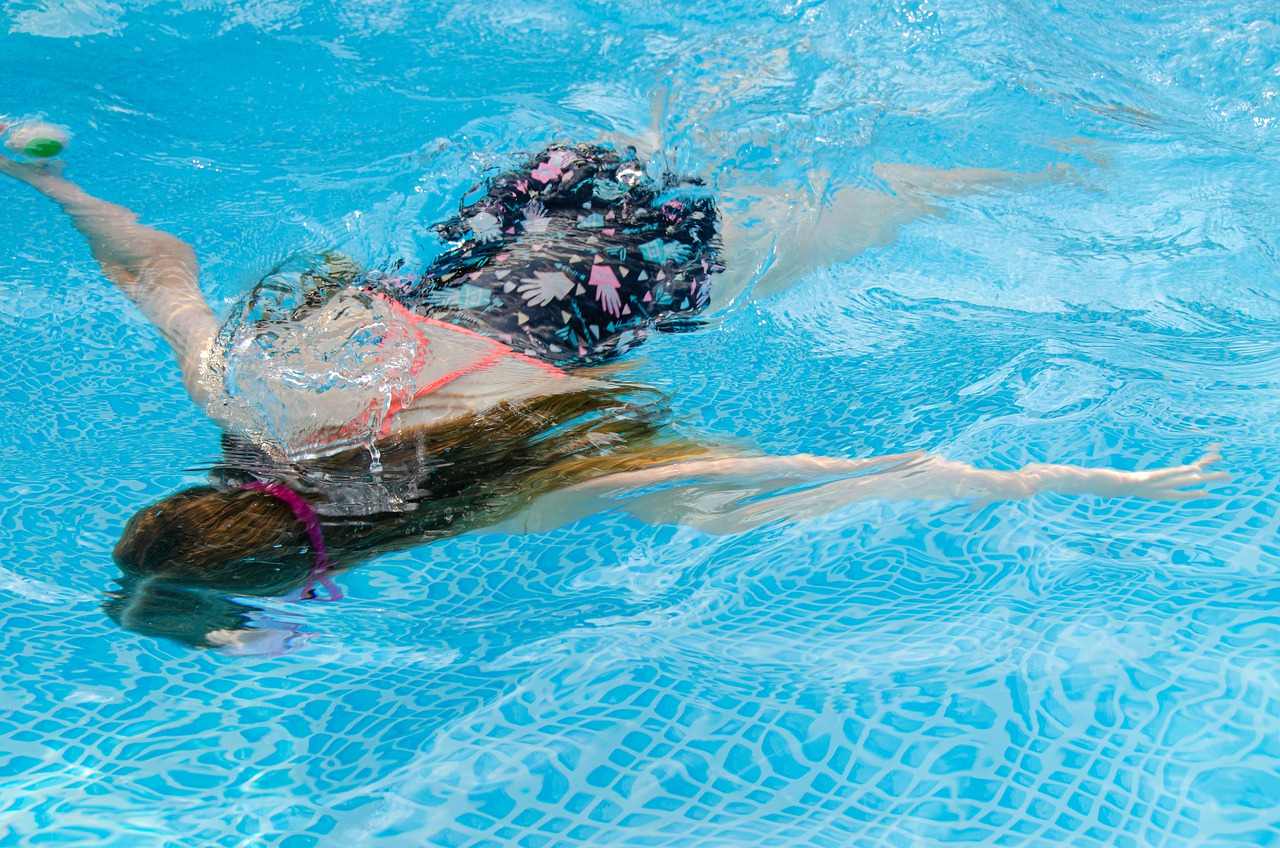Since the beginning of the global coronavirus health crisis, health agencies have urged people to stay at home and avoid going to public spaces as much as they can in order to decrease the risk of contracting or spreading the infection further.
Even when going out, it is important to remember some places tend to be riskier than others. At the moment, an ongoing debate is regarding coronavirus spread in swimming pools.
After the end of the lockdown in the US and other countries around the world, the majority of the businesses have reopened. During the summers, hotels, restaurants, and public swimming pools also had an increase in customers as a large number of people were traveling.
According to the U.S. Centre for Disease Control and Prevention, taking precautions while being on vacation or prior to planning one is important as the risk of contracting the virus is especially high during travel. For instance, checking whether the place of stay during holidays is following coronavirus precautions is recommended.
Places that follow coronavirus guidelines strictly are more likely to be safer in comparison with others and should be stayed at during vacation. Similarly, another concern is going to other places that tend to have big crowds amidst vacation including swimming pools.
Public swimming pools can either be separate or are present inside many hotels. In the summer, the vast majority of people are likely to visit swimming pools from children to older adults. While going to pools is relaxing, some people may worry about the risk of contracting coronavirus.
It is true that all public spaces have a certain risk of coronavirus spread. However, coronavirus spread in swimming pools is highly unlikely in comparison with other similar places.
RELATED: Vaccine Nationalism Threatens Progress Over Coronavirus Pandemic
This is because swimming pools contain chlorinated water, which kills all pathogens, including the novel coronavirus. So, swimming closely with another person will not increase the risk of transmitting the virus.
In addition, most of the pools which have reopened are following preventive measures and restricting the number of people who can visit and present in the pool at the same time, which further ensures lower risk of contracting coronavirus infection.
While swimming is indeed safe, it should also be kept in mind that the place outside of the pool is riskier. Therefore, following all guidelines before and after swimming is recommended, including avoiding close-contact and wearing a mask.
Also, do not forget to shower after coming back from a public pool because chlorinated water can be irritating. If not coronavirus, it can cause a number of other health issues, specifically those associated with the skin.
For people who belong to vulnerable groups such as those with underlying health conditions and older adults, avoid going to pools altogether even though the risk of coronavirus spread in swimming pools is low.
This is because experts state that people who have higher chances should take extra precautions and avoid going outdoors as long as the pandemic continues.


